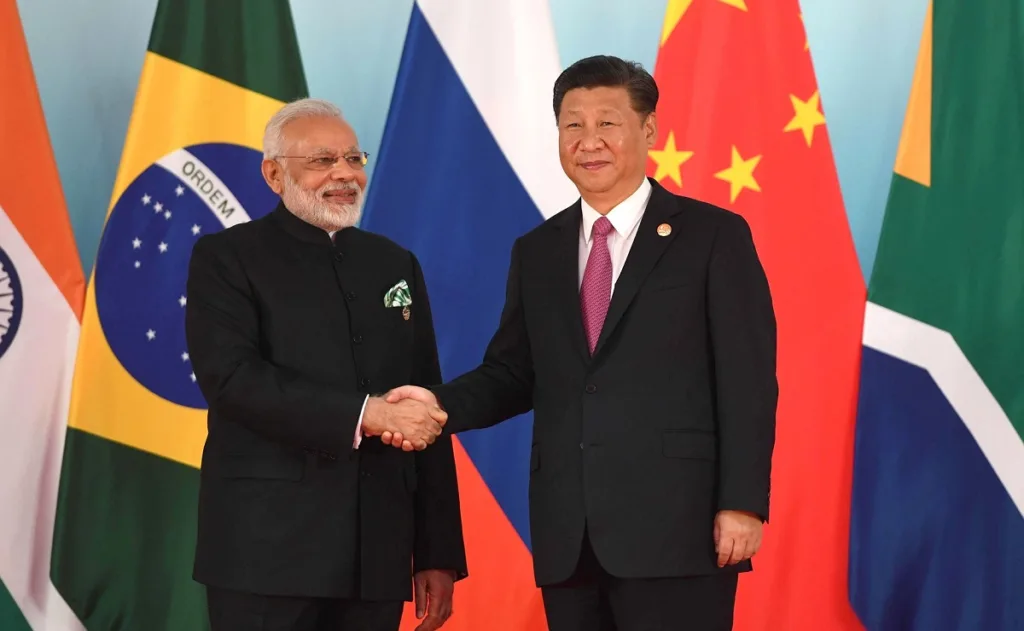High above the towering peaks of the Himalayas, a contest ensues between India and China, not just for physical territory but also for ideological dominance within what was formerly known as the Third World, now redefined as the Global South. This contest, rooted in history, reflects the ambitions of both nations to lead a coalition of developing countries. The genesis of this struggle dates back to the 1950s, culminating in the 1962 war, which was not only about land but also about ideological leadership.
India’s adoption of the term “Global South” to assert its position in international politics has irked China, which sees it as a challenge to its own leadership aspirations. Initially, Chinese scholars attempted to downplay the significance of this shift but eventually had to acknowledge its emergence. However, they continued to question India’s suitability for leading the Global South.
In response, China has put forward various theoretical frameworks and initiatives aimed at aligning the Global South with Chinese leadership. This includes equating the Global South with Chinese discourse to counter Western hegemony, as well as promoting initiatives like the Belt and Road Initiative (BRI) to bolster Chinese influence. Despite these efforts, there remain significant differences between Indian and Chinese approaches to the Global South, rooted in their respective philosophical traditions.
While India emphasizes coexistence and diversity, China’s approach tends towards assimilation within the broader framework of Chinese identity. Bridging these differences requires both countries to adopt a more nuanced understanding of each other’s perspectives. Dialogue is essential in resolving these ideological conflicts, which are often more elusive than material disputes.
Both India and China must prioritize knowledge acquisition and sharing to navigate the complexities of their relationship and the evolving global landscape. By embracing a multiverse approach to knowledge, rooted in their respective cultural and philosophical traditions, they can move towards a shared vision of One World, One Future.
In conclusion, the contest between India and China over the leadership of the Global South reflects deeper ideological differences and historical tensions. However, by fostering dialogue and prioritizing knowledge sharing, they can work towards a more harmonious relationship and a shared future for all nations.

